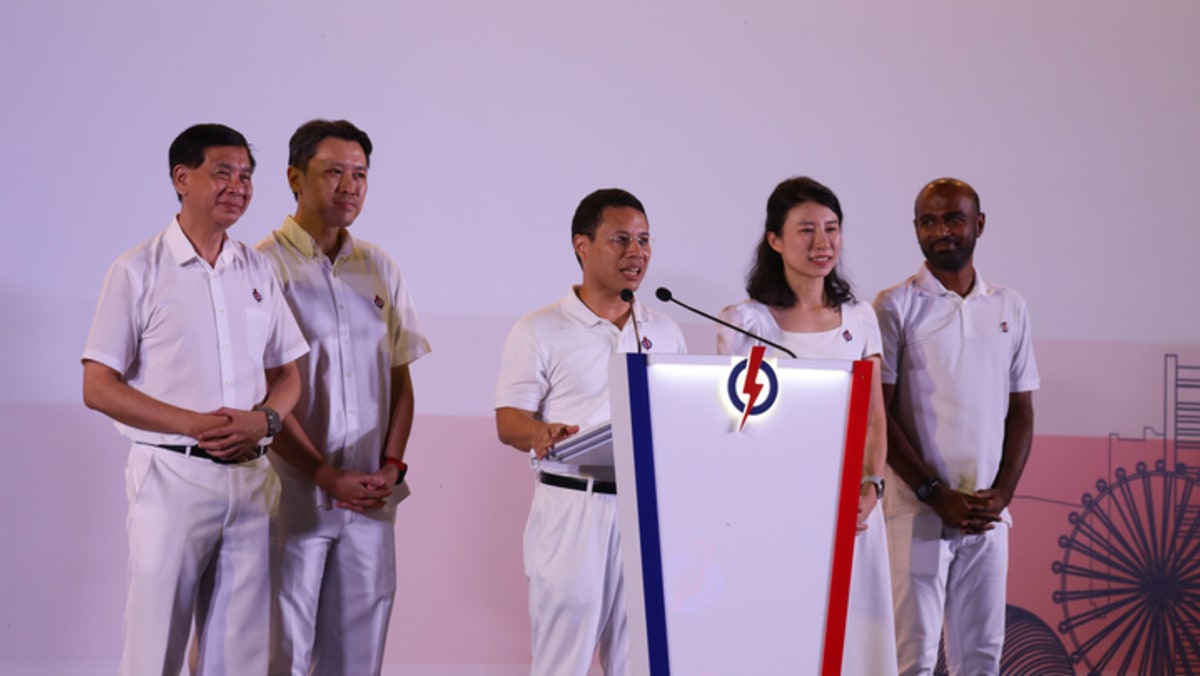Among other housing issues raised, Mr Leong said that Mr Lee did not address concerns about the rising cost of public flats, lease decay and the lack of lift upgrading for certain flats in Singapore.
Mr Lee later issued a statement saying that the opposition party leader was making assertions with “little regard for facts”, and urged the public to consider the facts from both sides, adding that he had addressed national housing issues on “multiple occasions” throughout the campaigning period.
The issues were also debated in parliament before the elections, the minister added.
Speaking to the media on the same day after Mr Lee’s remarks, Mr Leong said that the minister did not provide any new information during those times when he claimed to have responded and that the issues were also not resolved in parliamentary discussions.
WHAT THE VOTE SWING MEANS FOR PSP
Speaking to CNA, political pundits said the boundary changes factored into the PAP’s margin of victory.
Political analyst and former PAP MP Inderjit Singh said: “I think this can be seen as an expected shift thanks to the votes coming from Jurong, the former stronghold of (Mr) Tharman.”
National University of Singapore associate professor of political science Chong Ja Ian also pointed to the wider, national swing towards the PAP and that the PSP appeared not to have been as active on the ground in the GRC.
Having Mr Leong and Ms Poa as NCMP voices was a “plus” for the party, but not enough of a plus, Assoc Prof Chong added.
“To win in Singapore, you need to service your constituency and have a voice in parliament,” he said.
Dr Tan’s waning personal appeal to voters may have also played a part in the results, said the experts.
Mr Singh said it was “mainly” Dr Tan who helped PSP clinch a good performance in 2020, but his popularity has since declined.
